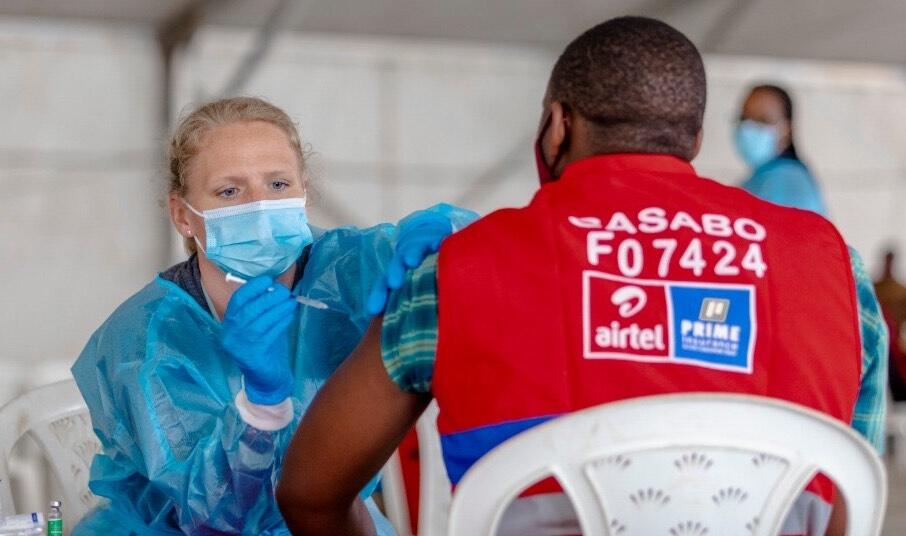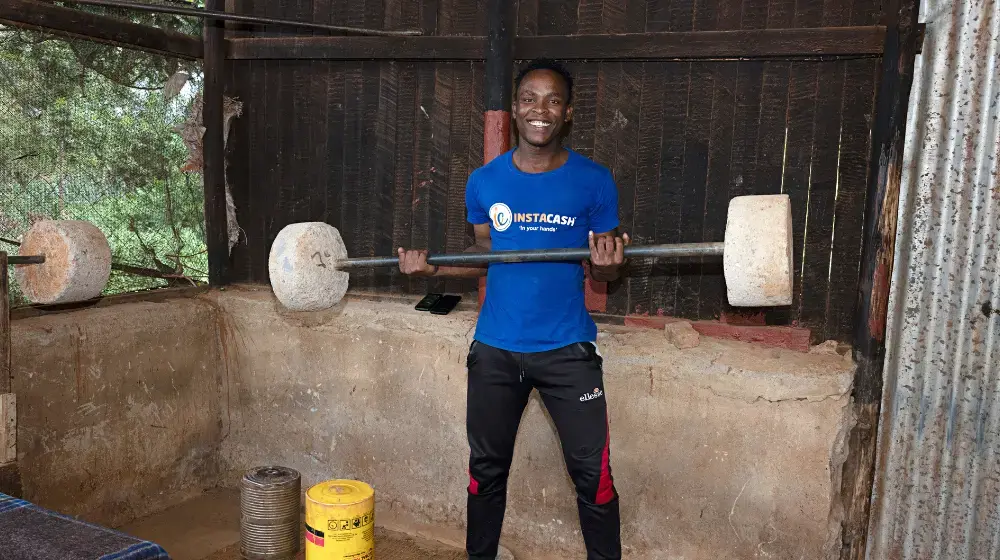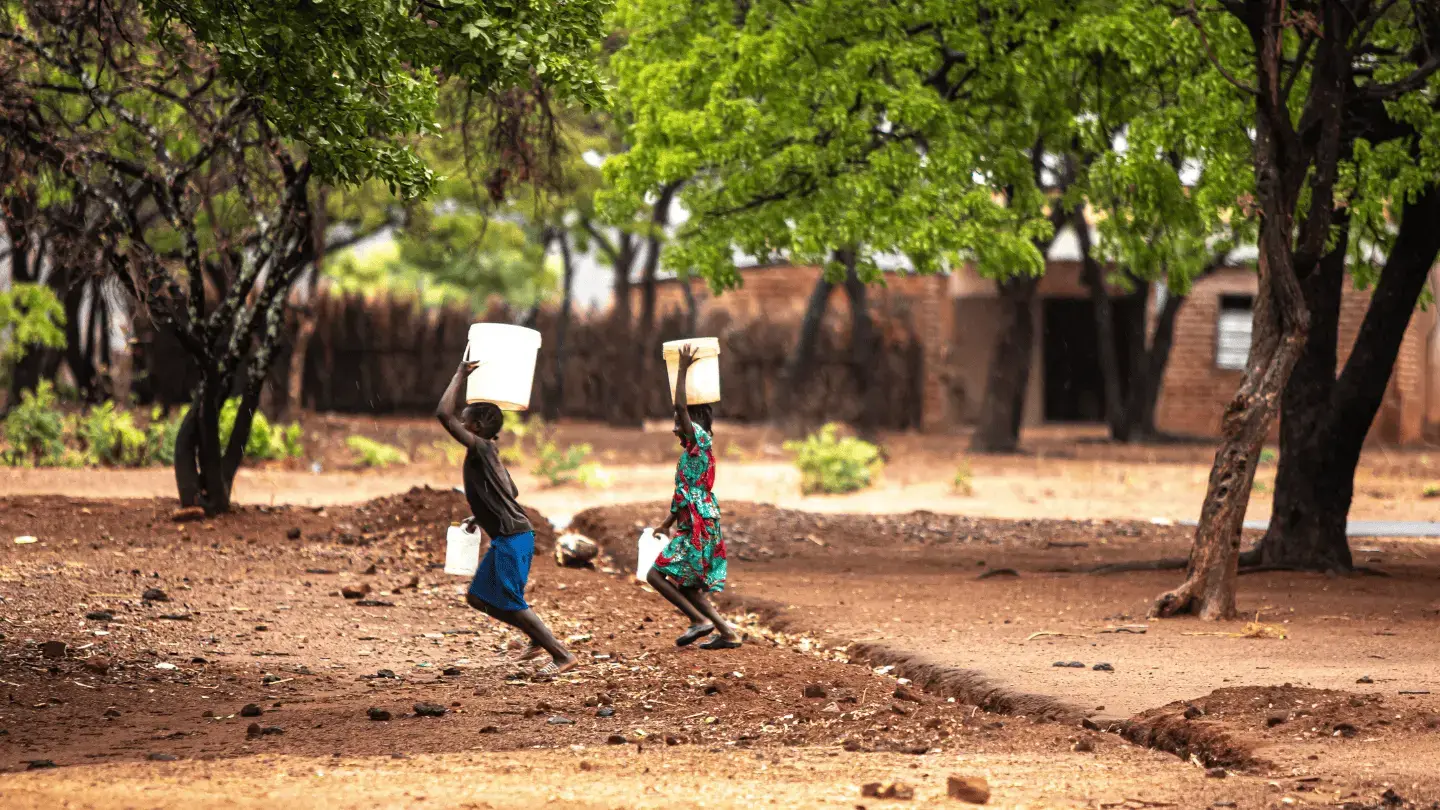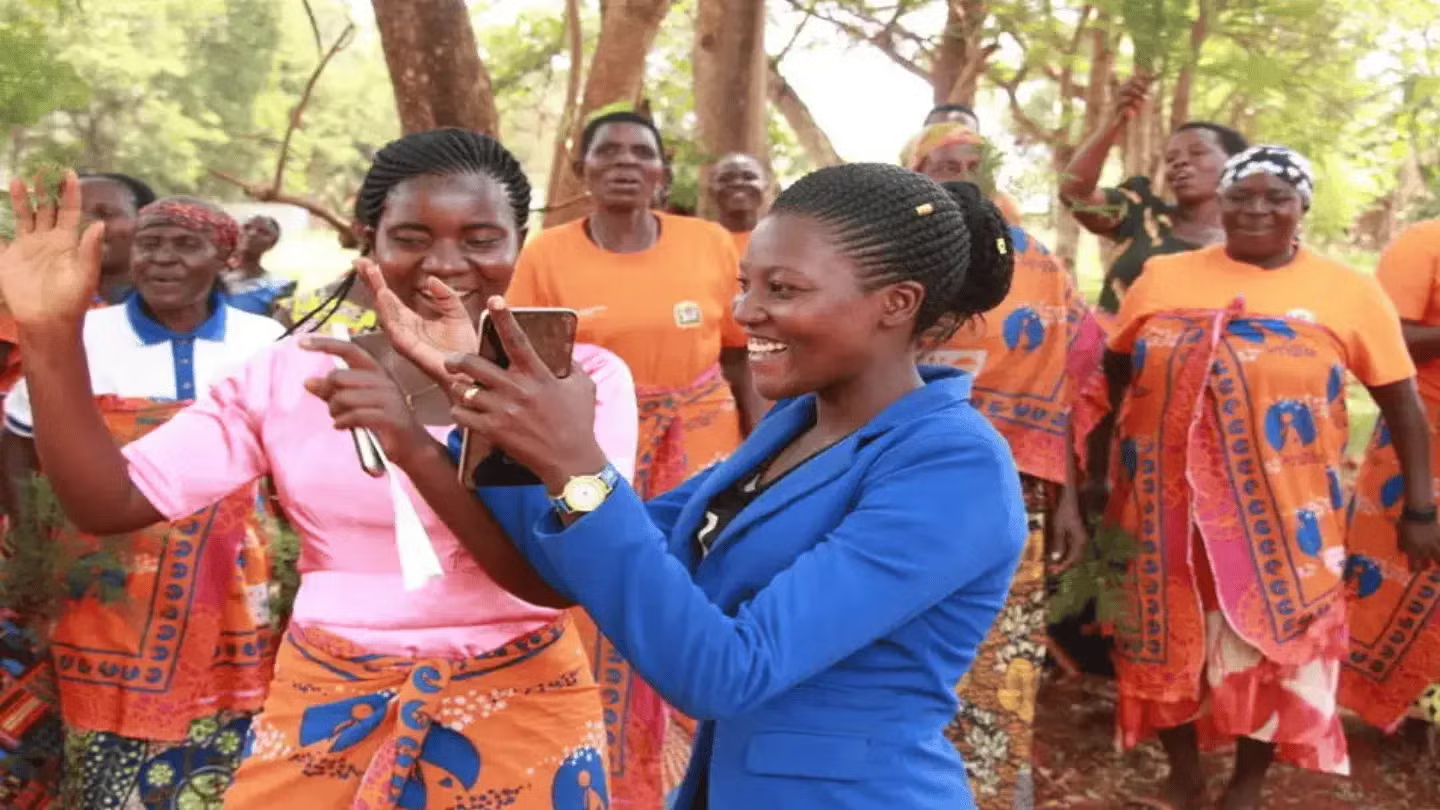KIGALI, Rwanda—The start of 2021 has been a trying time for Rwanda’s fight against COVID-19, with nearly 7,000 new infections and 104 deaths confirmed in just one month. For the first time since the outbreak of the pandemic, Rwanda was reporting 270 new infections and 4 deaths daily, on average.
The Government of Rwanda responded immediately by putting in place preventive measures that have reduced the number of new cases and deaths, from February.
Since March 2020, UNFPA through One UN in Rwanda is supporting the National COVID-19 Preparedness and Response Plan, with a focus on continuity of sexual and reproductive health services, including the protection of the health workforce, addressing gender-based violence (GBV), and ensuring the supply of modern contraceptives and other reproductive health commodities. Some of the UN staff members were deployed to Rwanda’s National Command Post Centre to support the COVID-19 response in their respective fields of expertise.
Frida Temple, a midwife and International UN Volunteer, joined UNFPA Rwanda in January 2021. Through UNFPA’s assistance, she has been deployed to Rwanda’s National COVID-19 Command Post Centre to support case management, particularly for pregnant women.
With this deployment of a practitioning midwife, UNFPA contributes to government efforts to ensure every pregnancy and childbirth is safe during the COVID-19 pandemic.
“We deeply appreciate the support of the Government of Sweden to UNFPA to enhance the quality of the midwifery profession in Rwanda,” said Mark Bryan Schreiner, UNFPA Representative to Rwanda. “With this deployment of a practitioning midwife, UNFPA contributes to government efforts to ensure every pregnancy and childbirth is safe during the COVID-19 pandemic.”
Q: What was it like to join UNFPA and be deployed to the COVID-19 Command Post?
When I arrived in Kigali with my family I was very eager to see and serve the country of Rwanda. Unfortunately, the country entered a strict curfew the day we arrived and a complete lockdown about a week after our arrival.
I met my new colleagues at UNFPA through digital meetings and my original assignments were a delayed due to the lockdown and inability to move around. So when the opportunity to be deployed to the Command Post came, I was very excited. I had just come from a country that was very badly affected by COVID-19 and I had worked with the COVID-19 response there, so I now have the opportunity to use my experience and support the response here in Rwanda.
Q: Describe what your day looks like at the command post.
A normal day begins with finding out about the number of new patients in each district, and specifically the cases enrolled in home-based care. We check if any of them are in need of a home visit.
Some days of the week, I have meetings with the Technical Advisory Group, where representatives from the partner organizations, Rwanda Biomedical Centre and the Ministry of Health, meet to discuss important issues related to COVID-19.
I visit health centres to ensure that the testing and assessment of suspected COVID-19 cases is done safely.
After the meeting, I usually go out for fieldwork. If any pregnant woman needs an assessment, I go there together with a colleague. We also do home visits to other patients that need an assessment. Our drivers take us as far as they can and sometimes we need to walk the last bit up or down steep hills to reach the homes of the patients.
I also visit health centres to ensure that the testing and assessment of suspected COVID-19 cases is done safely and that the health centres have the essential equipment that is needed. I have been able to mentor some of the new health-care workers during the home visits. Any time I have left is used for reading and revising guidelines and treatment plans, as well as supporting in other areas.
As the pandemic rages, women and girls face intensified risks. What is your contribution at the Command Post to ensure the safety of pregnant women?
The risks that women and girls face during a pandemic are many. Firstly, pregnant women are at higher risk of becoming critically ill during COVID-19. Also, due to the fact that only 40 per cent of pregnant women go for all four antenatal care visits in Rwanda, many pregnant women are unaware of possible comorbidities they have that are caused by the pregnancy, such as high blood pressure, gestational diabetes and increased body mass index. This is something that pregnant women need to be made aware of. During my time at the Command Post, I have been ensuring that pregnant women are perceived as high risk and also that they are being informed that they are high risk.
We discuss essential care, for example family planning, and the importance of continuing to provide it. We have also discussed the risk of an increase in GBV, especially during lockdown.
While visiting health centres, I have informed the community health workers about the increased risks of pregnancy and the measures to take. I have also taken part in the revision of the WHO guidelines and other clinical guidelines in terms of pregnancy and COVID-19 specific for Rwanda. We have discussed essential care, for example family planning, and the importance of continuing to provide it. We have also discussed the risk of an increase in GBV, especially during lockdown.
I am passionate about informing the frontline health workers of the high-risk groups and co-morbidities. Most of the frontline health workers are women and of reproductive age, so it is important that they have the right knowledge about COVID-19 as well as the proper equipment while caring for patients infected with COVID-19.
Pregnant women with COVID-19 are at increased risk of developing severe illness, including a heightened risk of death. How do you keep track of pregnant women who have tested positive? How are they helped?
Pregnant women with COVID-19 are called every day to have their state assessed. If their condition worsens or if they need a physical assessment, I go with another person for assessment. If the woman needs evacuation to a hospital, we make sure she is picked up by an ambulance and taken to the right facility. If there is a need for an obstetric consultation during the quarantine period, we provide the right hospital for her to go to.
One woman I visited was COVID-19 positive and she was feeling weak but all right, however, she didn’t feel foetal movement as consistently as usual.
I have been to a few district hospitals to discuss the different cases and how they were managed. When I first started at the COVID-19 Command Post, there were around 10 to 20 cases of pregnant women to check up on daily; however, as the cases in Rwanda have decreased during the last few weeks, so have the pregnant cases. We are now able to follow the pregnant cases closely as well as focus on visiting health centres to educate people, and also do home visits to other positive cases.
One woman I visited was COVID-19 positive and she was feeling weak but all right, however, she didn’t feel foetal movement as consistently as usual. When we went to her house, the woman’s vitals were good and I was able to assess the baby. The heart rate was good and the baby was responsive. The woman was very relieved that the baby was fine, and after a few days the mother was also feeling better.
What does UNFPA’s support to the National COVID-19 Response focus on?
In general, UNFPA’s support focuses on continuity of sexual and reproductive health services and protection of frontline health workforce; gender-based violence prevention and response; and continued supply of modern contraceptives and reproductive health commodities. Personally, I support case management, particularly for pregnant women, ensuring safe pregnancy and childbirth during the pandemic.
How has this experience been in terms of building your skills and capacities? And how is it contributing to your volunteer experience in Rwanda?
This has been an amazing opportunity for me. I have learned so much. I have been able to represent UNFPA and present the things that I am passionate about. I have got to know a lot of people from hospitals, health centres and the different partners and Ministries that I will be partnering with in my coming assignments as well. I have also been able to see the country, understand the challenges as well as see the strengths and opportunities, and as a bonus I am also learning more and more Kinyarwanda each day!
I am very impressed by how the country and its different partners and Ministries have united and worked together during this pandemic to serve the nation. Rwanda has some amazing people! I am more excited than ever to take on my mission as a UN Volunteer to serve this beautiful country. Together, we can conquer anything!





